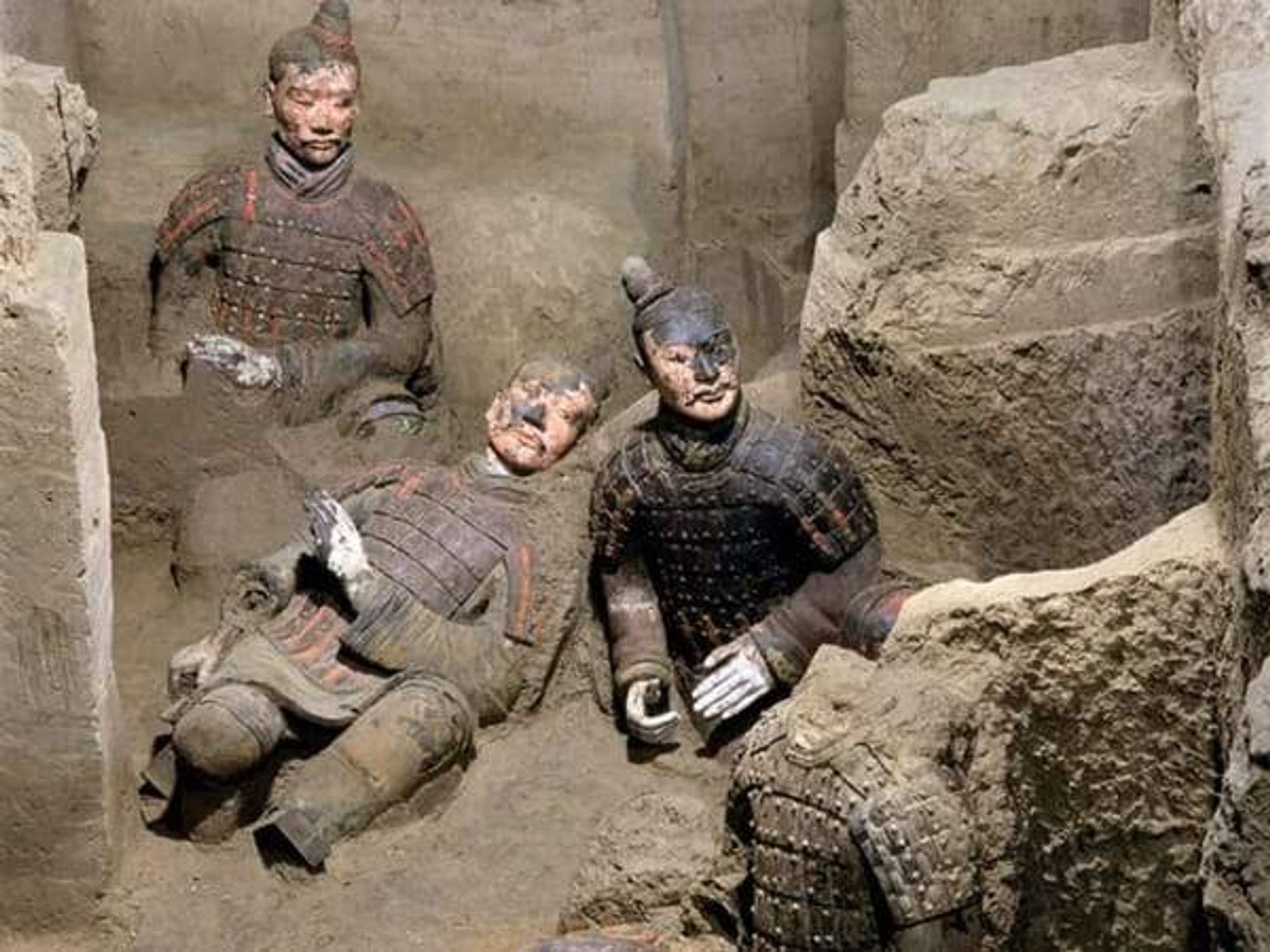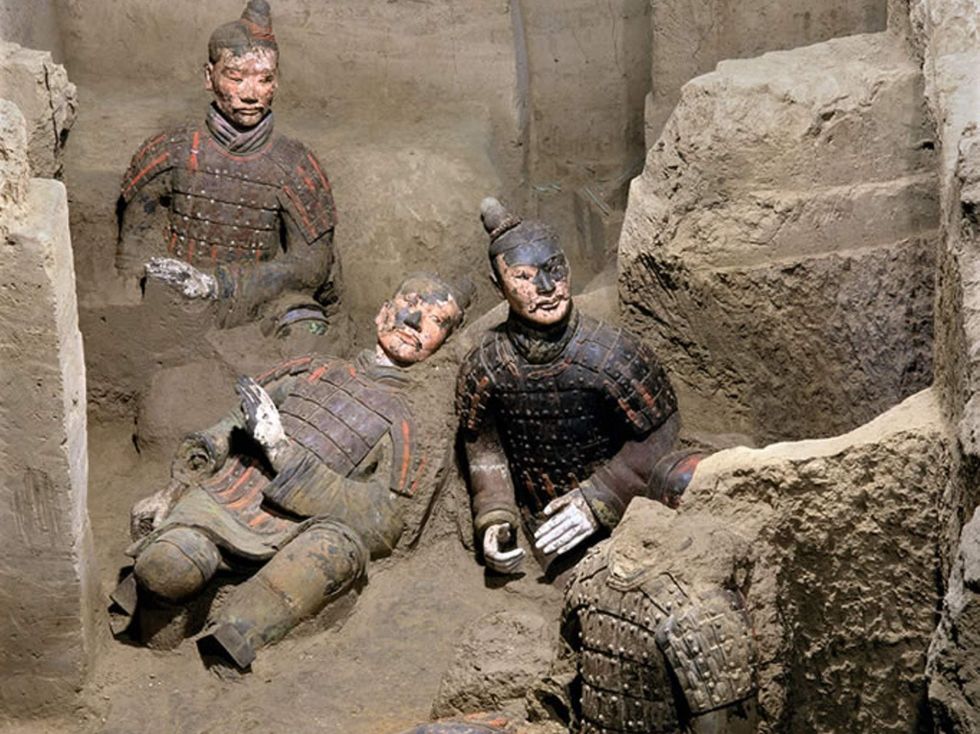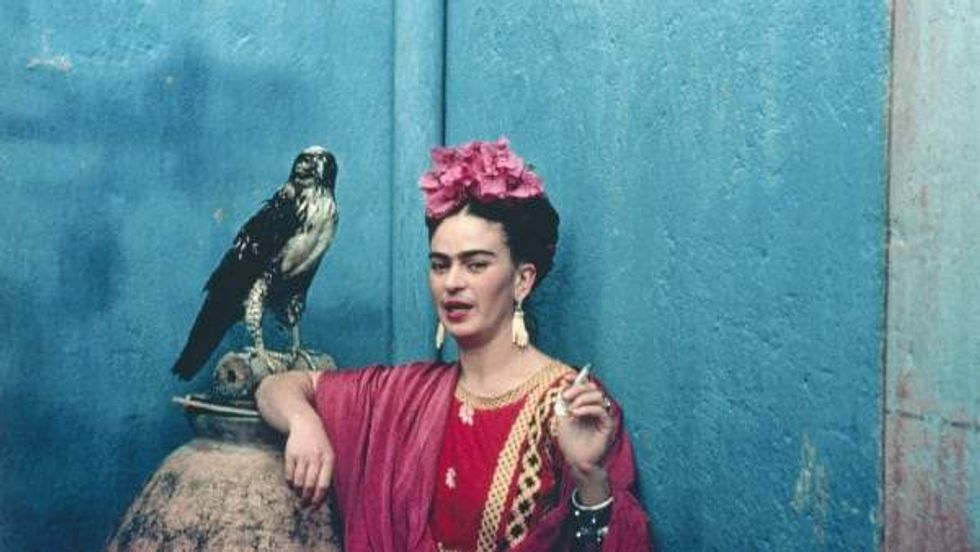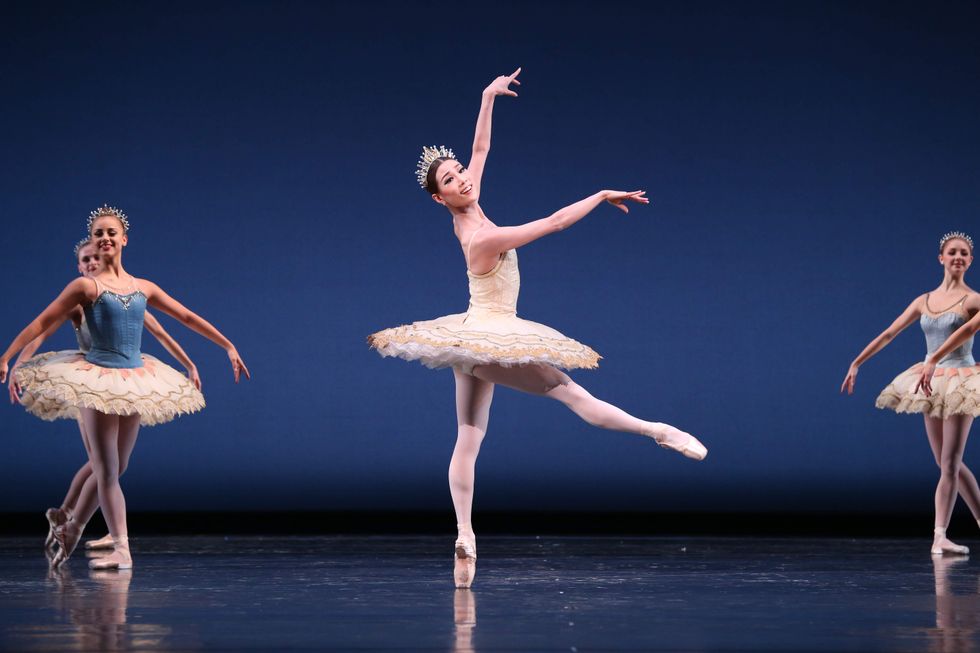Rare Birds
Jazz guitarist Russell Malone talks about playing the notes that count & theintensity of live music
"This (expletive deleted) hotel!"
I've apologized to jazz guitarist Russell Malone for the delay in reaching him at his (not in Houston) hotel, explaining that I had been disconnected by its staff twice. Any musician will tell you that playing music is a joy, but touring — and hapless hotel phone operators — can wear on one's nerves.
However, Malone quickly makes it clear he is glad we are connected and going to talk about this music he loves to play.
A native of Albany, Georgia, Malone’s evolution as an artist goes back to high profile gigs with Jimmy Smith, Harry Connick Jr. and Diana Krall, to name just a few, and an appearance in Robert Altman’s film, Kansas City.
"You know, CDs don’t tell the whole story. They’re basically snapshots in sound. But they’re good to have. I think that hearing music – I still like to go out and hear live music because you always get something more. I’ve gone out to hear musicians play and there’s just so much more intensity."
His new trio CD, Triple Play, featuring bassist David Wong and drummer Montez Coleman, is an intriguing mix of originals, standards and contemporary compositions like Quincy Jones’ “The Witching Hour” and the classic “Unchained Melody” realized as a beautiful arrangement for solo guitar.
Malone's touring trio includes bassist Tassili Bond and drummer Darrell Green. They are currently enjoying a successful national and international tour with stops in large theaters in D.C. and Chicago as well as Russia and Thailand.
Da Camera of Houston's Jazz Series continues with a performance of Russell Malone's trio Saturday night at Wortham Theater Center. I spoke with Malone about touring, his new label and unique repertoire.
CultureMap: You’re on a national and international tour with a trio. What does it take to find the support and the circuit to tour as a jazz trio?
Russell Malone: Well, in most cases it easier because let’s face it, we’re in a recession now. And in most cases, most people don’t want to spend a whole lot of money on large groups. It’s virtually impossible to go out with a big band and make money. So in this situation with the trio, it’s a lot easier to book. If your smart about negotiating, you can, most of the time, get what you’re asking for. That’s my take on that.
CM: How did you connect with your current label MaxJazz?
RM: Richard McDonald, who is the president of the label, had seen me play a couple of times. He’s a very nice gentleman, by the way. He approached me when I was on Verve, which is a larger label. The thing that I liked about him (is) MaxJazz allows me to do what I want. I had approached Verve about doing a live record, and they had every excuse as to why it shouldn’t be done. But when I approached Richard about it, he was gung ho about it. MaxJazz pretty much leaves it up to the artist to do it however they want.
CM: Most people get their music off the Internet or they aren’t buying CDs at all. What’s your take on recording a CD? Is there another function for the CD for jazz musicians now that we’re in the 21st century?
RM: What do you mean “another function”?
CM: Well, I remember Miles Davis describing a CD as being the menu you read before going to the concert, and the concert is that actual meal!
RM: I think recording is great. It’s nice for the listener to have something as a reference point. You know, CDs don’t tell the whole story. They’re basically snapshots in sound. But they’re good to have. I think that hearing music – I still like to go out and hear live music because you always get something more. I’ve gone out to hear musicians play and there’s just so much more intensity. It’s all live and in the moment. Although there are some people…who can go into the studio and make a CD. But when you go to see them live, it’s dead, because they don’t know how to perform.
We’re in show business! I don’t care how artistic you are. You’re still in show business. When you have to out and perform live for people, you gotta give them something a little more than just being able to go up there and play well. You gotta give them a show. Presentation is very important.
CM: And that’s a lot different than recording.
RM: It’s a lot different than recording.
CM: On Triple Play, in addition to your originals, there are songs by composers who I think are very important but who aren’t recorded as much by jazz musicians. I’m thinking specifically of Quincy Jones. What compelled you to record his composition “The Witching Hour”?
RM: The same thing that drives me to any song. It has to have a good melody and interesting chords. Good chord changes, harmonies that trigger my interest as a jazz musician. “The Witching Hour” doesn’t have any lyrics, but it could have lyrics.
Like with standards like “Do I Love You” on Triple Play…I’m very conscious of lyrics. That’s something I learned from being around the older musicians. They always stressed the importance of knowing the lyrics to songs, especially ballads. Because once you know the lyrics and the story you can really get to the heart of the matter.
When I’m playing a ballad I’m hearing the lyrics in my head.
CM: How about when you’re soloing through a tune? Do you leave the page?
RM: What kind of tune? A ballad or any kind of tune in general?
CM: Let’s talk about ballads.
RM: When I start to improvise…a lot of the time when I play ballads I won’t improvise because those songs are so well constructed and put together so nicely. A lot of times, all you have to do is play the melody! But now when I improvise I’m…actually I’m not really thinking at all (laughs) to be honest with you!
But one of the things I am aware of is to not play too much, to leave space. Which is something a lot of us don’t seem to think about, especially when we’re young. Instead of playing all the notes, you want to play the notes that count.





